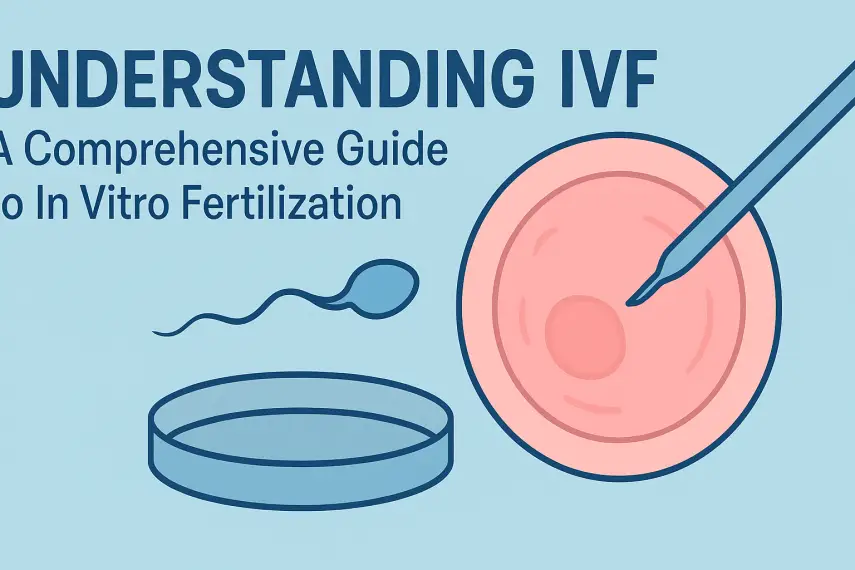
Comparison of Homeschooling vs Public School Benefits
📑 Contents
Choosing the right educational path for your child is one of the most important decisions a parent can make. The ongoing debate over the benefits of homeschooling vs public school is complex, with each option offering distinct advantages. This article provides a comprehensive, neutral comparison of homeschooling and public school benefits to help parents make an informed choice for their child's future.
Understanding Homeschooling and Public Schooling
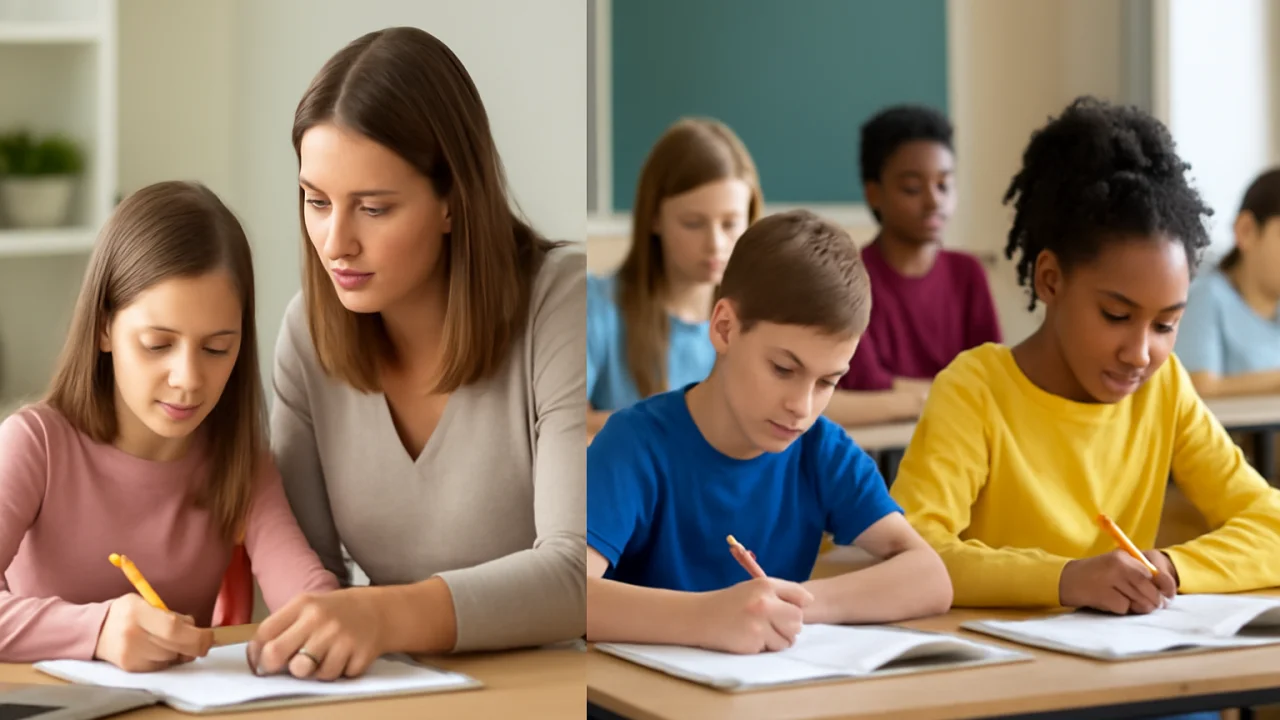
Before exploring the benefits, it's crucial to understand what each approach entails.
What is Homeschooling?
Homeschooling is an educational method where parents or tutors instruct children at home rather than sending them to a traditional public or private school. The approach allows for customized curricula, flexible schedules, and individualized attention.
What is Public Schooling?
Public schooling refers to education provided by the government and funded by taxpayers. Students attend classes in a formal school setting, follow a standardized curriculum, and are taught by certified teachers.
Academic Benefits Comparison
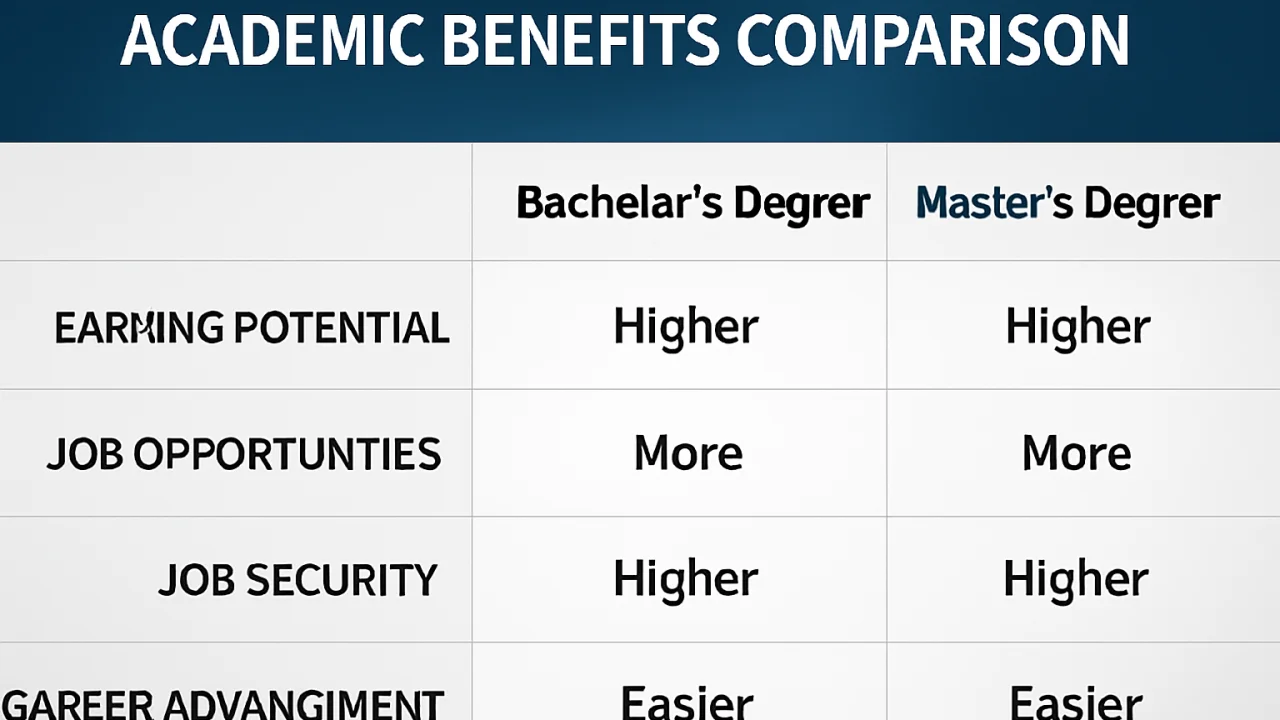
Academic outcomes are a primary consideration for families choosing between homeschooling and public school. Both approaches have strengths and unique characteristics.
| Aspect | Homeschooling | Public School |
|---|---|---|
| Curriculum Flexibility | Highly customizable to student needs and interests. | Standardized curriculum set by state or district guidelines. |
| Class Sizes | One-on-one or small group instruction. | Typically 20–30 students per classroom. |
| Standardized Testing | Depends on state regulations; some states require testing. | Mandatory for all students at specific grade levels. |
| Advanced Courses | Available through online programs, but access varies. | Often offers honors, AP, and IB courses on-site. |
Social and Emotional Development

Socialization is often a key topic when comparing homeschooling and public school. Each setting offers different environments for emotional and social growth.
| Factor | Homeschooling | Public School |
|---|---|---|
| Peer Interactions | Opportunities through co-ops, clubs, and community events. | Daily interaction with a diverse peer group. |
| Bullying Risk | Generally lower risk due to controlled environment. | Higher risk, though schools have anti-bullying policies. |
| Extracurricular Activities | Dependent on local resources and parent initiative. | Wide range of sports, arts, and clubs offered on-site. |
| Social Skill Development | Developed through intentional activities and community involvement. | Occurs naturally through daily interactions and group projects. |
Personalization and Learning Environment
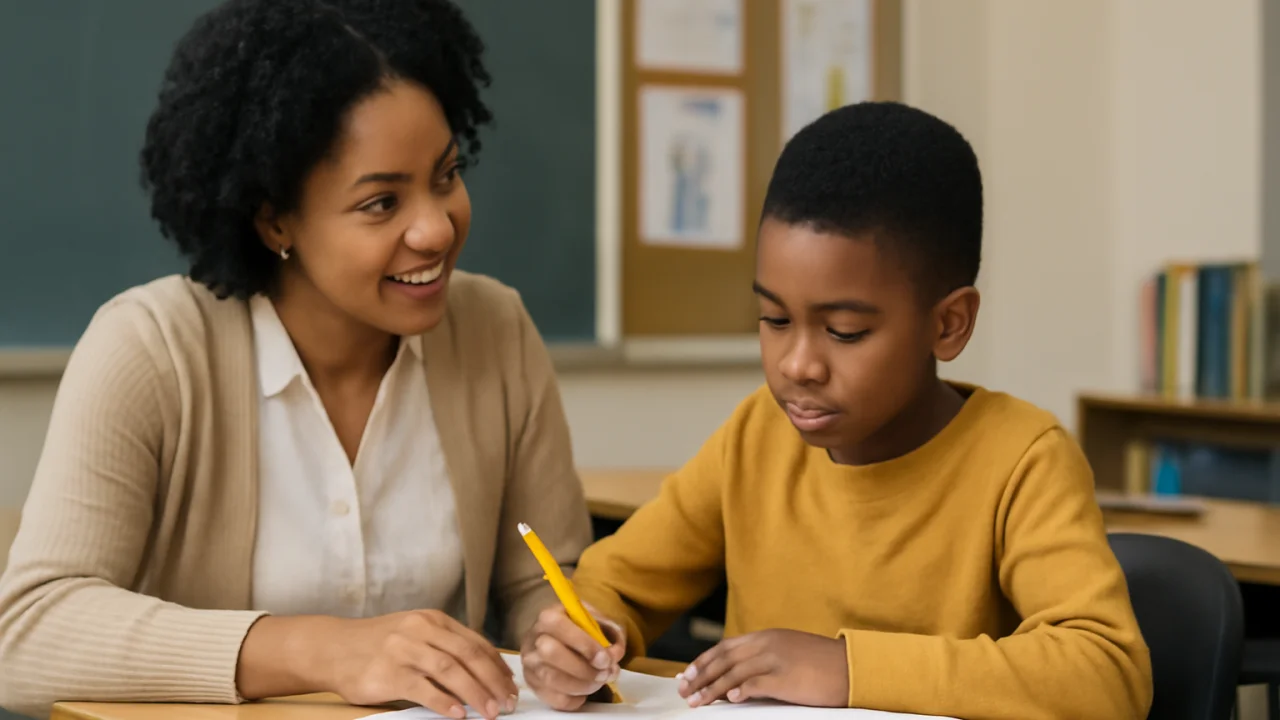
The ability to tailor the educational experience is a significant differentiator between homeschooling and public schools.
- Homeschooling: Allows for a highly personalized learning pace and content. Parents can adapt lessons to a child’s strengths, interests, and learning challenges.
- Public School: Follows a set curriculum and schedule, which may benefit children who thrive in structured environments but can be challenging for those with special needs or learning differences.
| Learning Environment | Homeschooling | Public School |
|---|---|---|
| Flexibility | High; schedules and locations are adjustable. | Fixed; follows academic calendar and daily timetable. |
| Special Needs Accommodation | Customized support possible. | IEP and 504 plans available, but resources vary. |
| Parental Involvement | Essential and ongoing. | Encouraged, but varies by school and age. |
Cost and Accessibility

Financial considerations and accessibility play an important role in choosing between homeschooling and public school.
- Homeschooling: Parents are responsible for curriculum, materials, and sometimes lost income if a parent stays home. Costs can range from minimal (using free resources) to several thousand dollars per year.
- Public School: Funded by taxpayers, tuition-free for all students. Some costs for supplies, extracurriculars, or field trips may apply.
Legal Requirements and Accountability
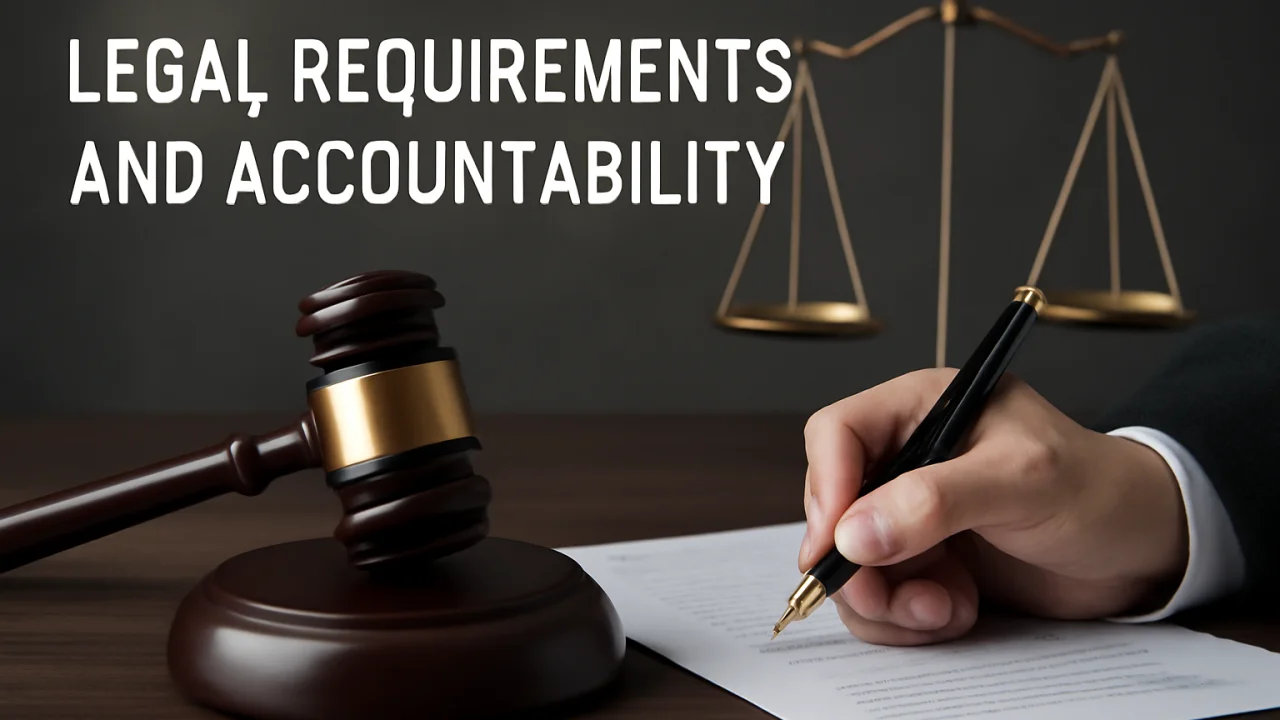
Both educational paths are regulated, but the degree and type of oversight differ significantly by jurisdiction.
- Homeschooling laws vary by state and country. Requirements may include notification, record-keeping, standardized testing, or curriculum approval.
- Public schools are governed by state education departments and must adhere to curriculum standards, teacher certifications, and student assessments.
FAQs: Homeschooling vs Public School Benefits
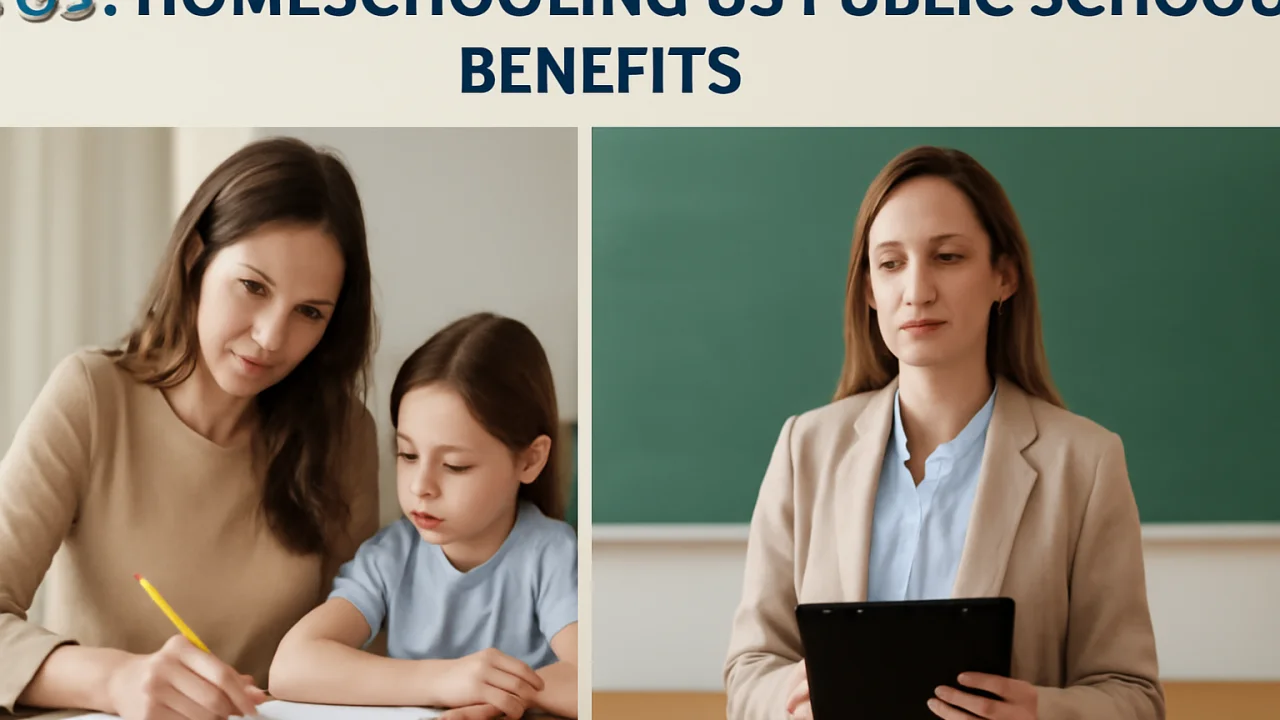
- Is homeschooling academically superior to public school?
Research shows homeschooled students often perform as well as or better than public school students on standardized tests, but outcomes depend on the quality of instruction and parental involvement.
- Are homeschooled children socially isolated?
Most homeschooled children participate in co-ops, sports, and community activities, though socialization opportunities must be intentionally sought out by parents.
- What are the legal requirements for homeschooling?
Legal requirements vary by state and country, including registration, curriculum approval, and assessment. Check your local education authority for specifics.
- Do public schools offer more extracurricular activities?
Generally, yes. Public schools typically offer a wide range of sports, arts, and clubs, though some areas allow homeschoolers to participate in public school programs.
- How do colleges view homeschooled applicants?
Most colleges accept homeschooled students, often with additional documentation. Many homeschoolers successfully gain admission to universities.
- What are the costs associated with homeschooling?
Costs vary widely, from minimal if using free resources to several thousand dollars per year for curricula, materials, and activities.
- Can public schools accommodate special needs?
Public schools are required to provide services for students with disabilities, though quality and resources may differ by school or district.
- Which educational method is best for gifted children?
Both methods can serve gifted children well. Homeschooling allows for acceleration and depth, while many public schools offer gifted programs.
Conclusion: Making the Right Choice

There is no single answer in the homeschooling vs public school benefits debate. The best choice depends on your child’s learning style, family situation, educational goals, and resources available. By weighing the verified pros and cons, parents can select a path that supports their child’s academic growth, social development, and overall well-being.
Ready to learn more? Explore additional resources or consult with educational professionals to make an informed decision that fits your family’s unique needs.




